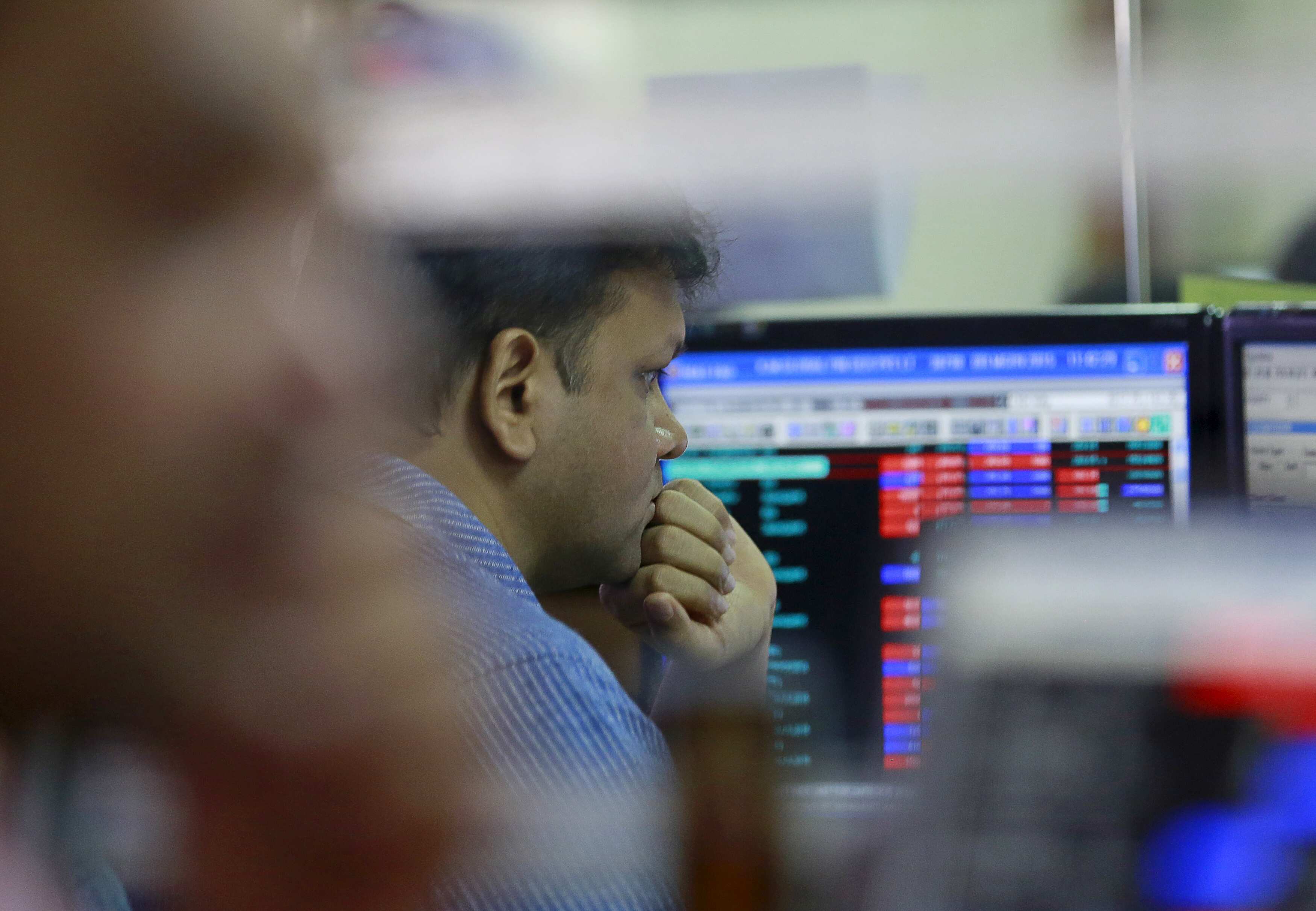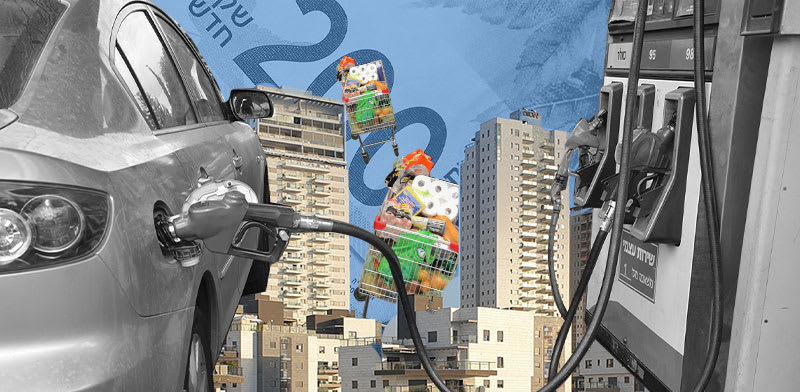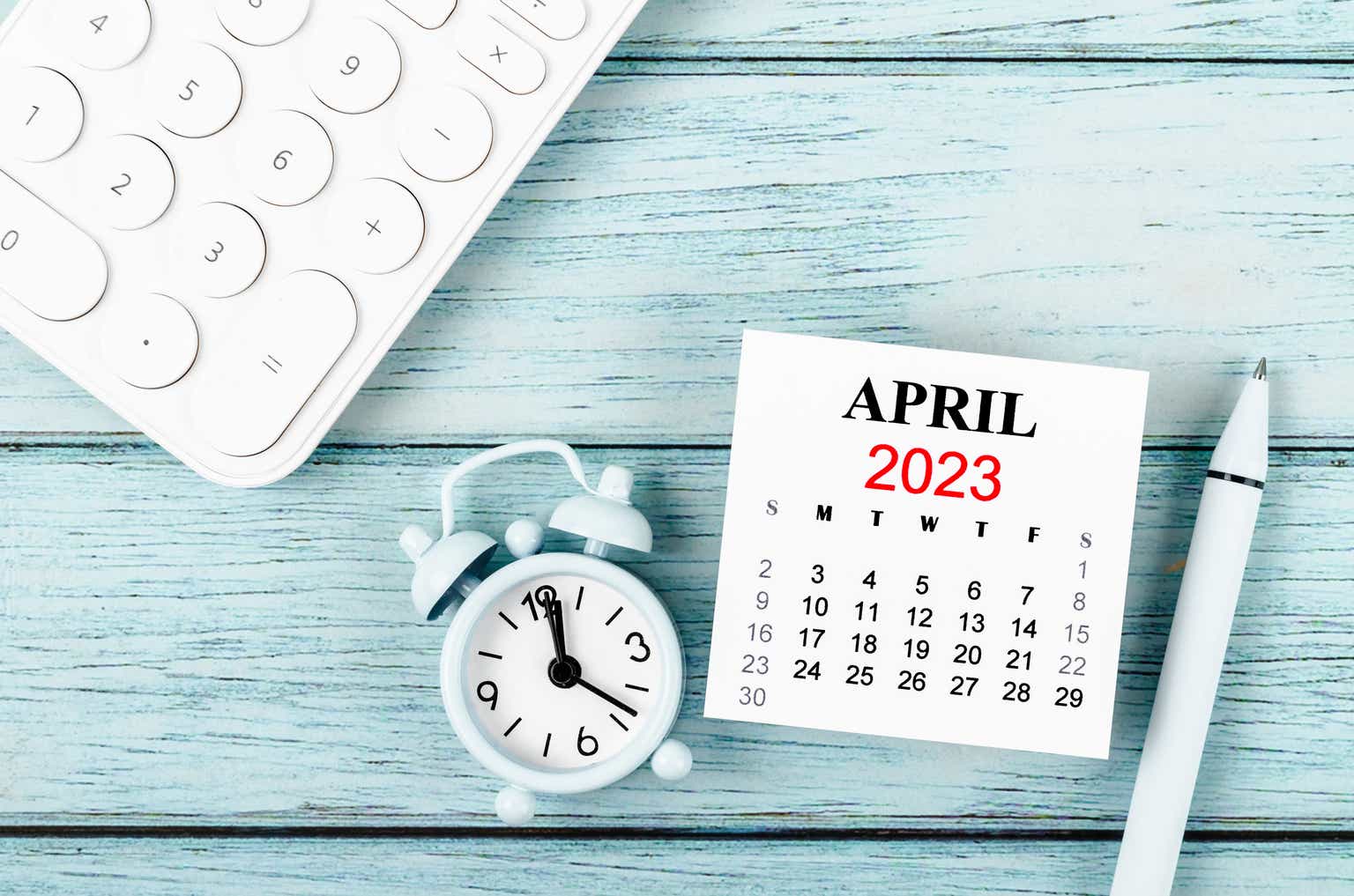[ad_1]

Who should we nonetheless attempt to persuade of the truth that there was a shift in People’ relationship to work?
Firms championing the fixed crawl of productiveness capitalism proceed to query firm tradition, questioning the way to get workers extra engaged and the way to enhance output. However a lot to their chagrin, an more and more widespread chorus has popped up for the reason that pandemic started (one Kim Kardashian was on early about): Nobody actually needs to work.
No less than, that appears to be the case for about half of People, significantly youthful employees who discover themselves wading by a scrap heap of damaged guarantees of some model of an American Dream made doable by laborious work and sacrifice.
Simply 51% of American employees a brand new Pew Analysis Heart survey say they’re general “extraordinarily or very glad” with their jobs. The identical quantity say they’re glad with the day-to-day duties of their jobs. And a good smaller share expressed excessive ranges of satisfaction with the advantages, pay, coaching and growth, and alternatives for promotion their employer gives.
What’s extra, solely about four-in-ten employees (39%) who didn’t establish as self-employed say their job or profession is “extraordinarily or essential to their general identification,” 34% say it’s “considerably vital,” and 27% say “it’s not too or under no circumstances vital.”
There’s an air of labor malaise that, over the past yr and alter, has became an actual concern past quarterly enterprise stories. Quiet quitting has spawned naked minimal Monday and a fueled a broader anti-work motion that merely has employees handing of their badges. The Nice Resignation, which noticed employees clamoring for higher alternatives in a fervent job market, has became the Nice Regret. One studying may be that American employees usually are not solely broadly dissatisfied with work, however have little to no thought what, if something, can change their fortunes.
And workers psychological well being is struggling, partially, due to it.
Older employees are happier than youthful ones
Apparently, when requested concerning the folks they work with, these within the Pew survey say they’re “extraordinarily or very glad” with the relationships with their co-workers (67%) and with their supervisor or supervisor (62%). Almost 80% say they really feel they’re handled with respect at work, and 72% say they really feel they are often themselves. Moreover, 65% say they’ve at the very least one shut good friend at work and 62% say they really feel their contributions at work are valued “an important deal or a good quantity.”
Relying on the way you outline tradition inside an workplace and firm, that knowledge would counsel that considerations round tradition are far much less worrisome and that there’s one thing else at play when contemplating whether or not persons are glad at work and in the event that they really feel they get sufficient (advantages, pay, and so forth.) out of it.
The place workers land on these issues after all range alongside generational strains. Two-thirds of employees 65 and older say they’re general “extraordinarily or very glad” with their job, in keeping with the Pew survey. That’s increased than the 55% of these 50 to 64, 51% of these 30 to 49, and 44% of these 18 to 29.
Older employees are the most probably to say they’re extraordinarily or very glad with their relationship with their supervisor or supervisor, their day-to-day duties, and their alternatives for promotion at work. In addition they usually tend to say they discover their job to be pleasing and fulfilling all or more often than not.
Gen Z has been clearly main the strains and carrying the torch for the anti-work motion; a fast scroll by TikTok reveals customers publicly quitting or declaring in anti-capitalist rants they “don’t dream of labor,” however a bigger development is coming to fruition that means that extra than simply the youthful few are more and more not glad in relation to work.
[ad_2]
Source link







